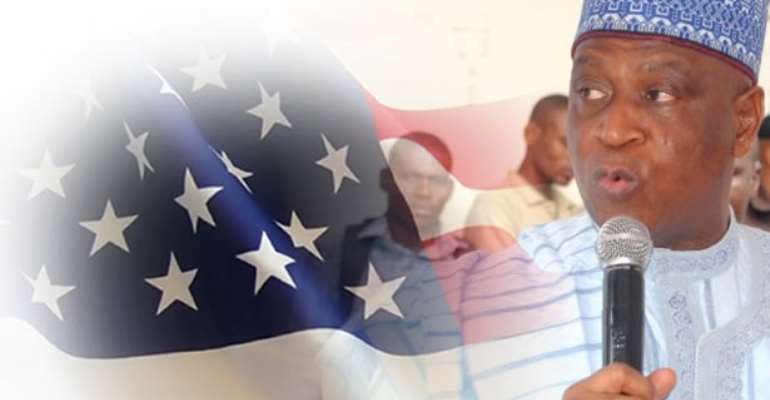U.S Think Thank Says New PDP, A Northern Cast

The United States external policy think-tank, Council on Foreign Relations (CFR), has said the emergence of the New Peoples Democratic Party highlights Nigeria's north-south dichotomy since most of its members are northerners and Muslims.
'The new party has a distinctly northern cast: six of the seven governors are from the north or the middle belt. Only one, Rotimi Amaechi of oil rich Rivers State, is from the south; he and President Jonathan are enemies,' CFR wrote on its website yesterday in an analysis that underscores the fault lines that fuelled PDP's splinter on August 31.
CFR noted that almost all the senators that declared their loyalty to the former Vice-President Atiku Abubakar-led group are from the north and Muslims.
'Based on their names, nearly all of the senators appear to be Muslim, as is former Vice-President Atiku Abubakar. Party officers however appear to come from various parts of the country,' the council said.
The US think-tank said the old PDP is not a political party judging by the Western conventional sense because it has neither distinctive political platform nor ideology.
'Rather, it has been the venue of politics, where Nigeria's competing and cooperating elite have resolved political issues. It functioned well enough when there was a broad elite political consensus,' CFR said.
It said the consensus broke down with the end of the power alternation within the PDP and that the continuing failure to replace it with anything else has led to increasing tensions.
CFR said with the presence of the New PDP and the All Progressives Congress (APC), 'there are now three groupings in the Nigerian political firmament'.
In conclusion, it noted that during pre-election periods, Nigerian political grouping are usually in flux, with rapidly shifting coalitions.
'Access to money plays a major role. So it remains to be seen what the staying power of the 'New PDP' will be,' the council said, adding that its northern cast indicates that Nigerian politics are moving in the direction of a north vs. south model, which could pose a challenge to national unity.
